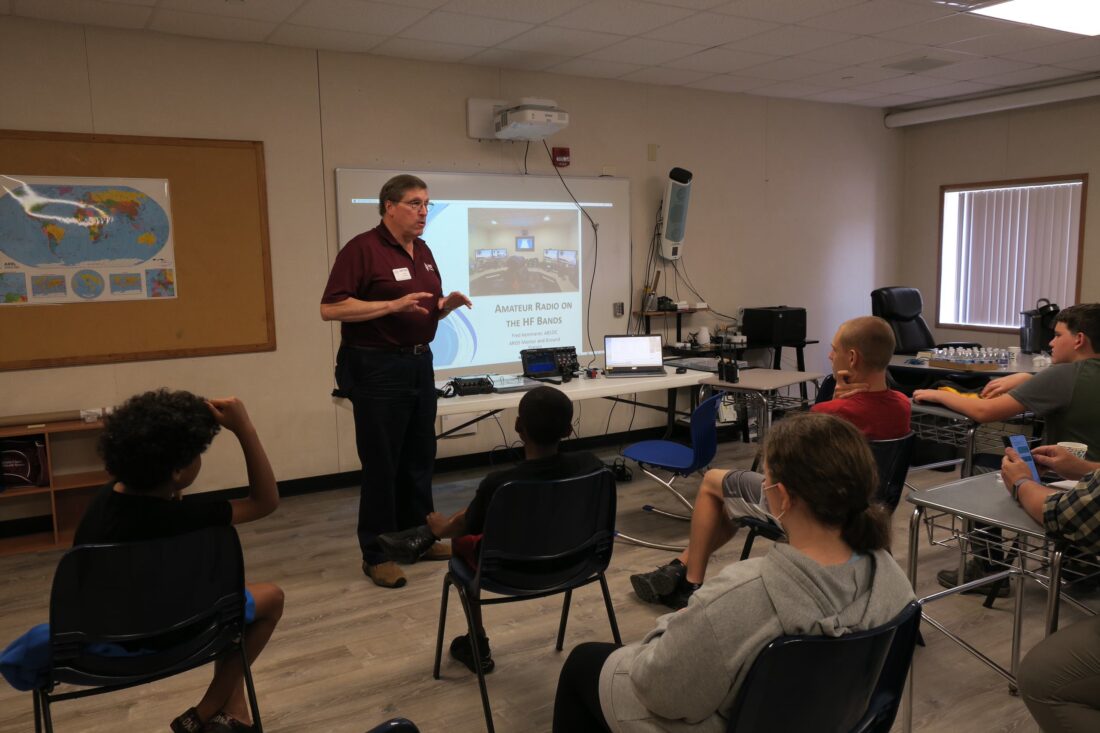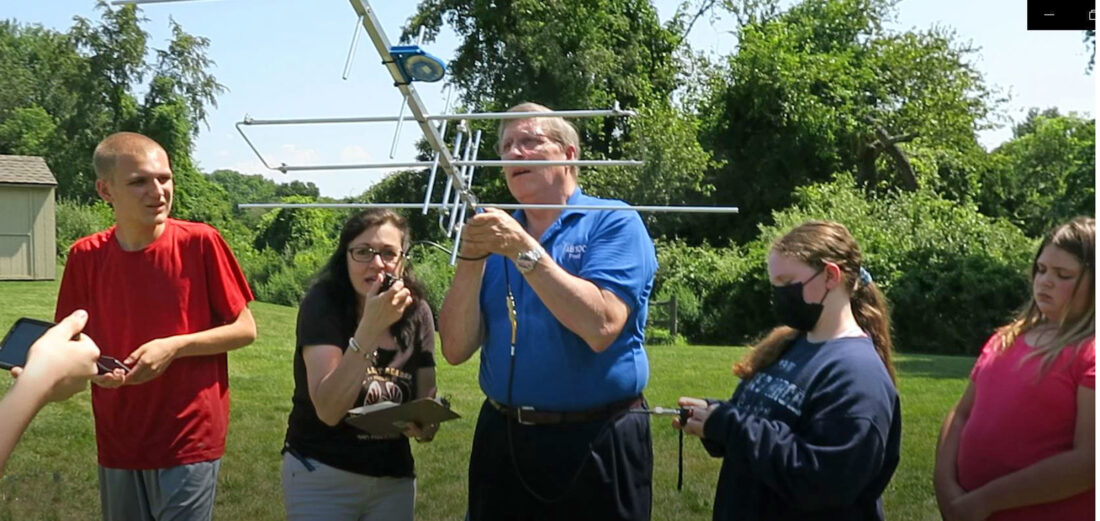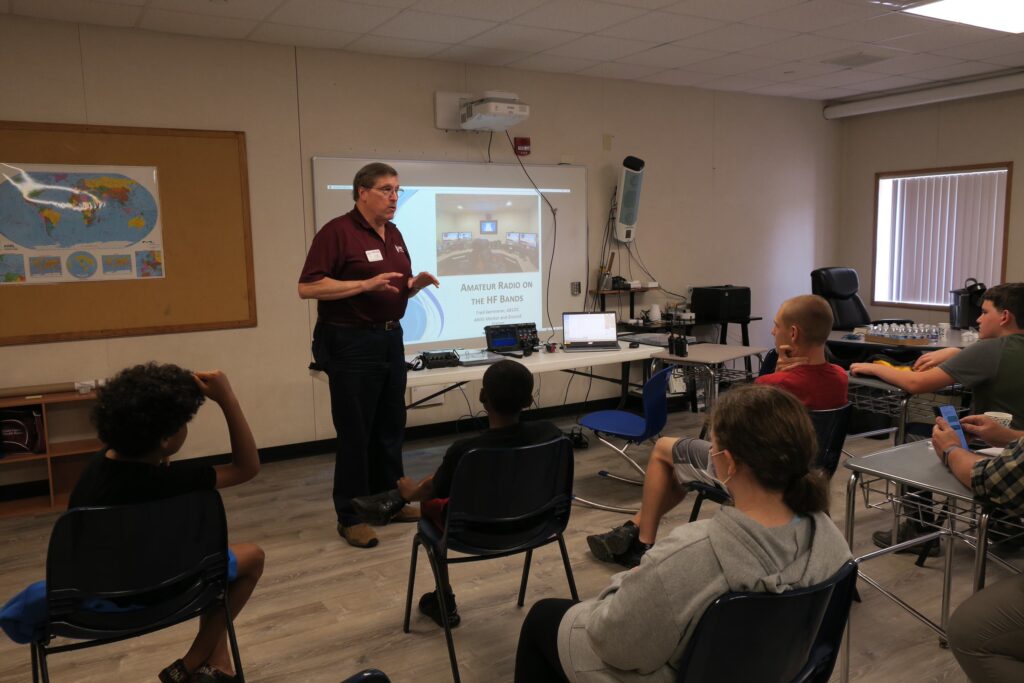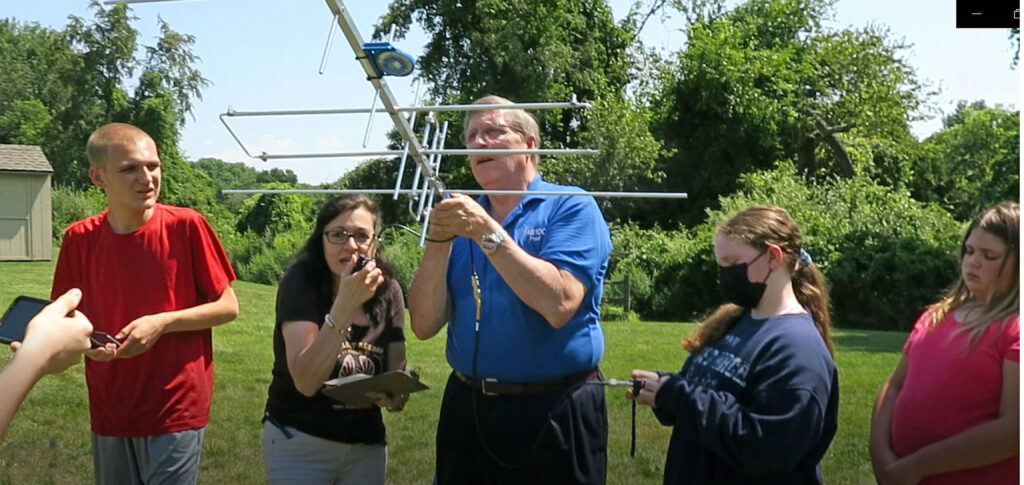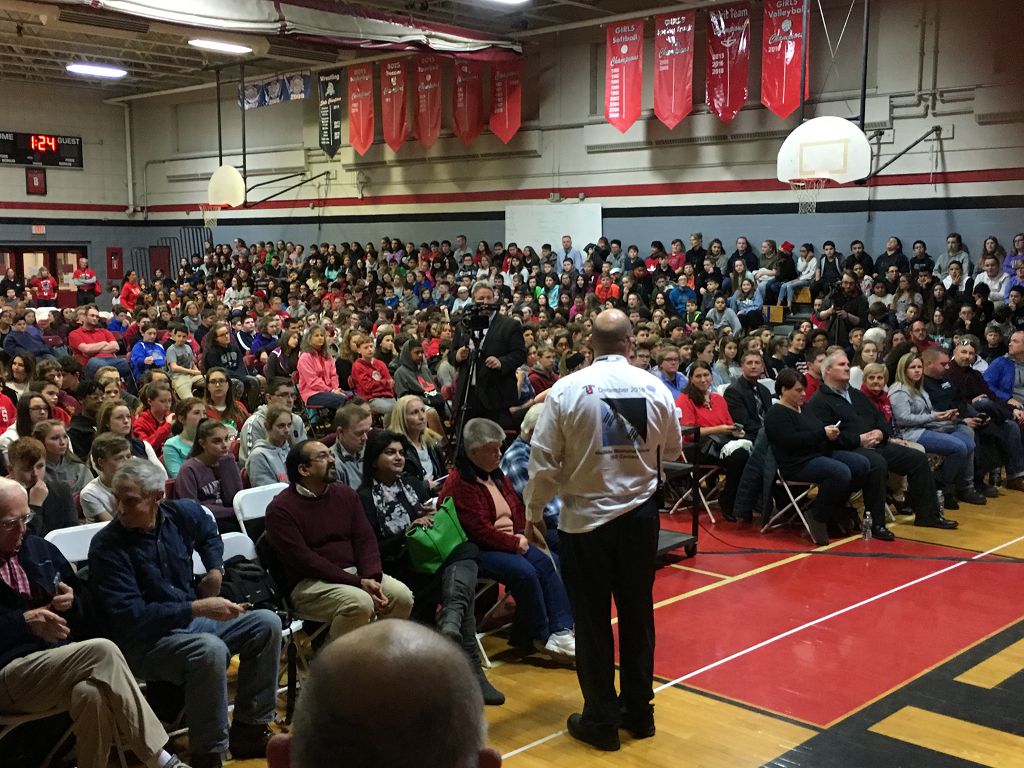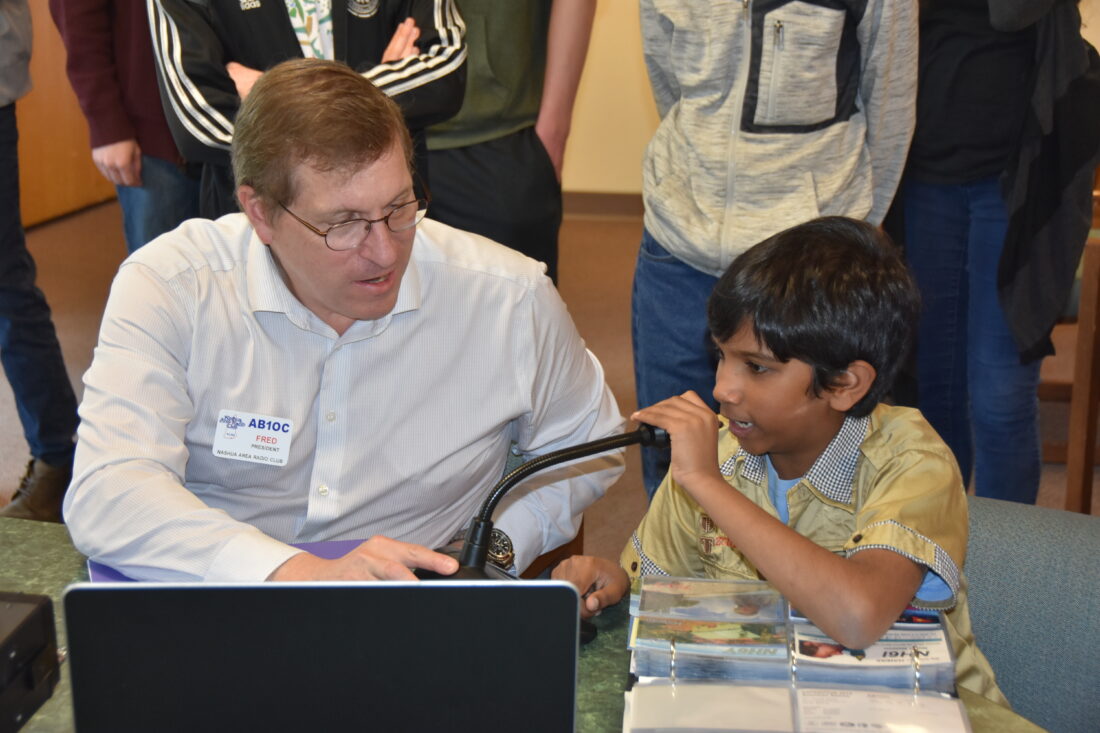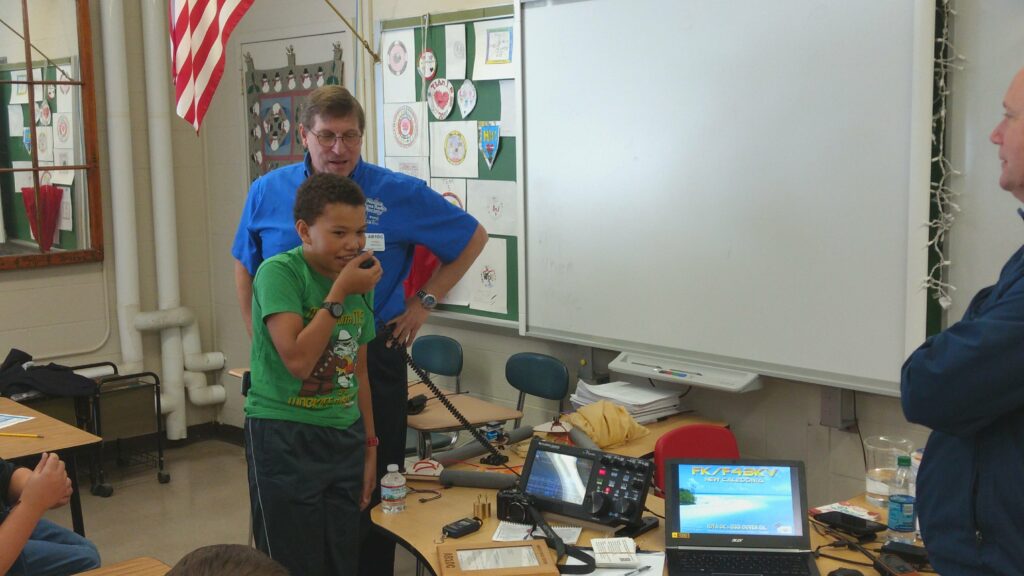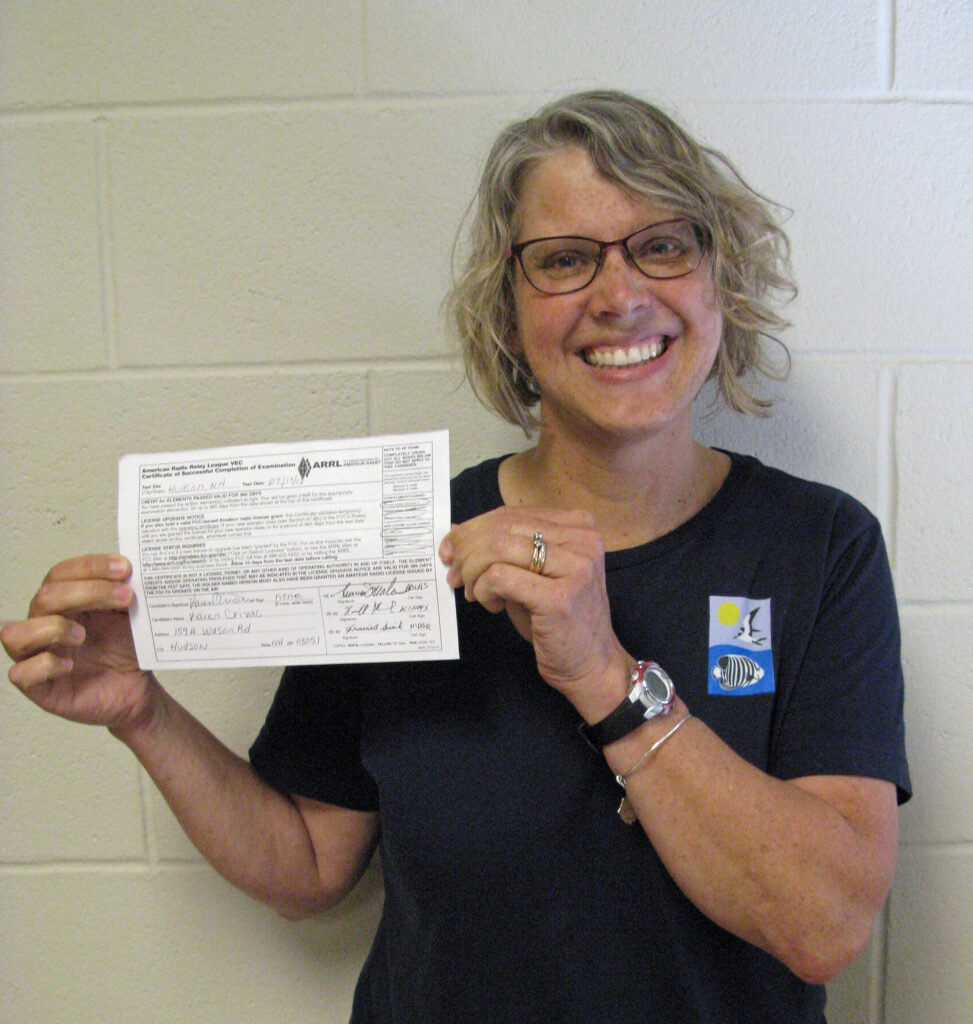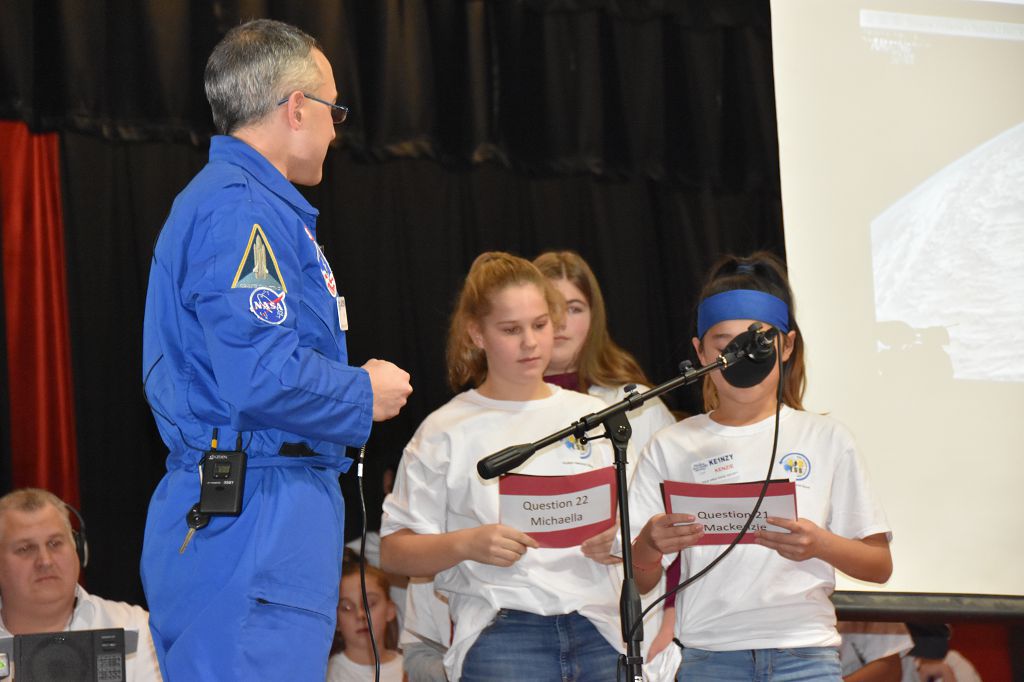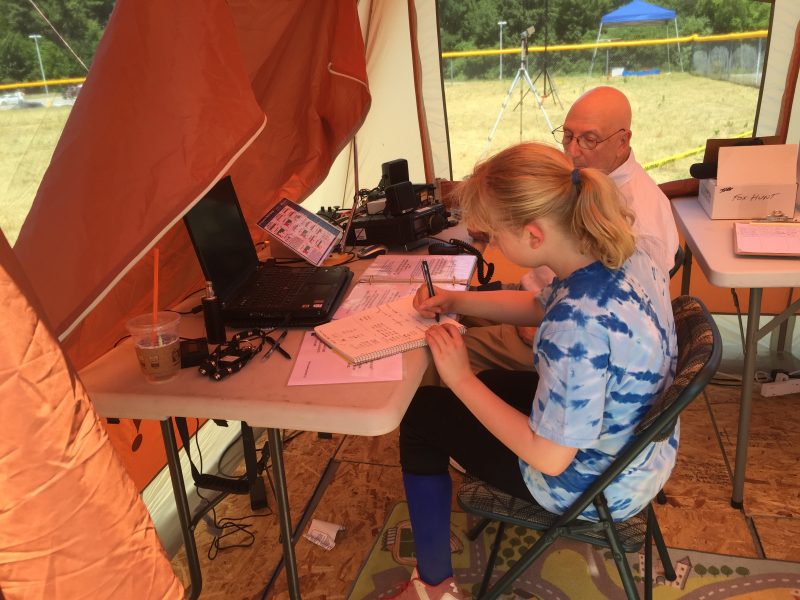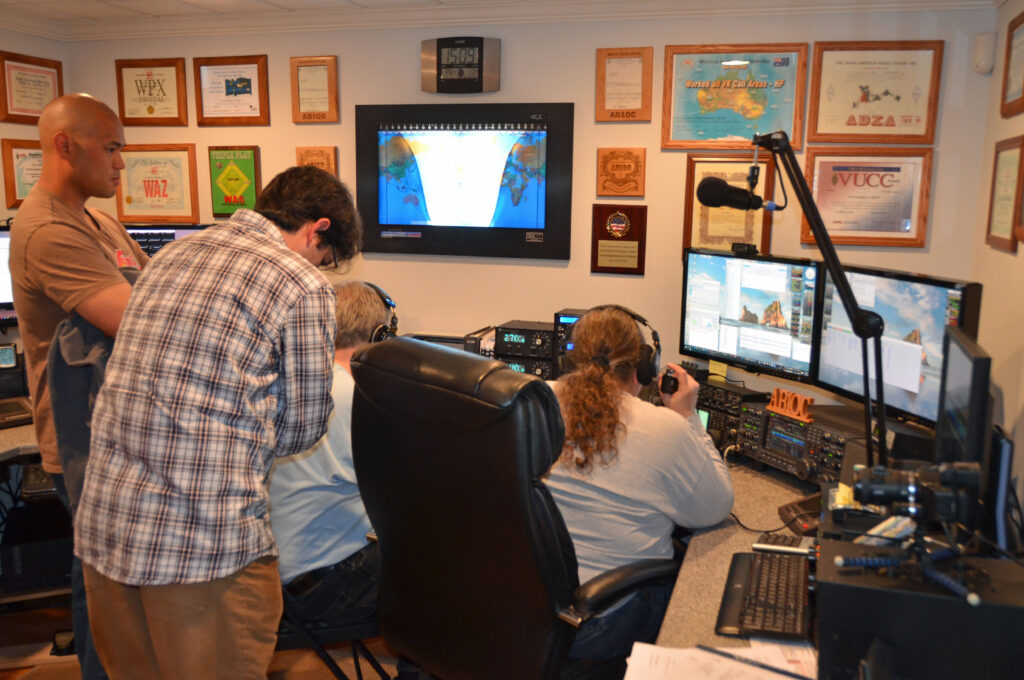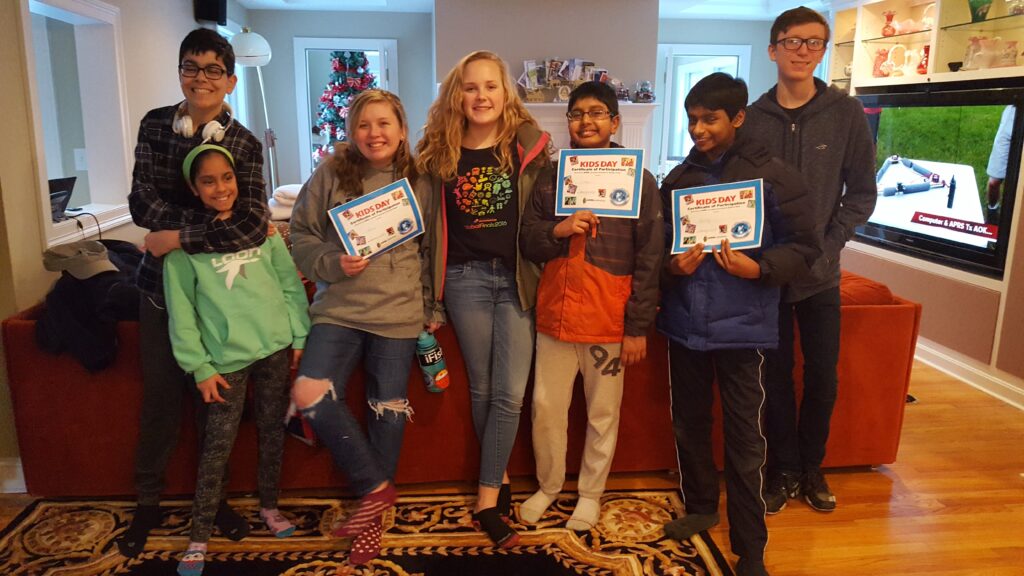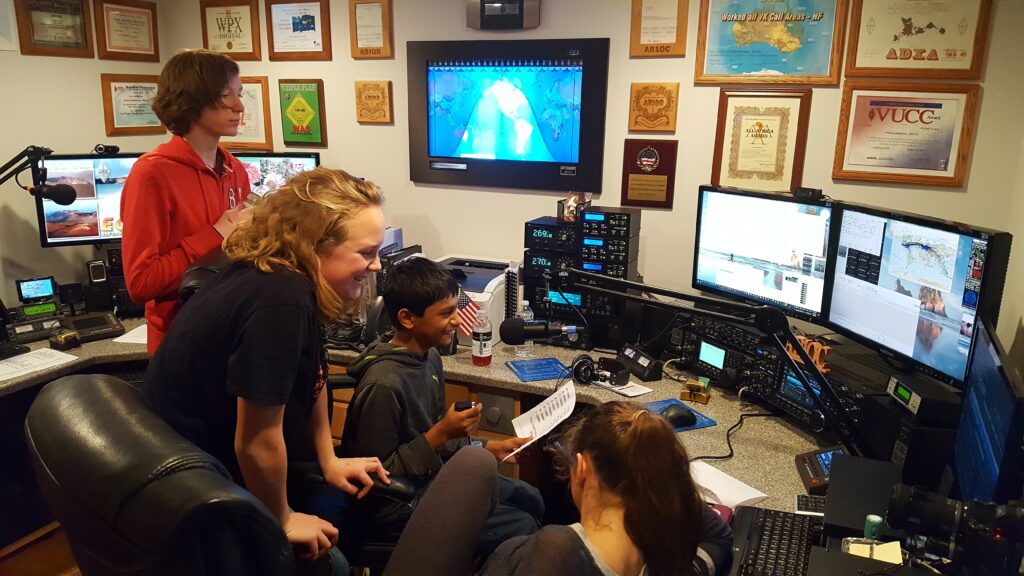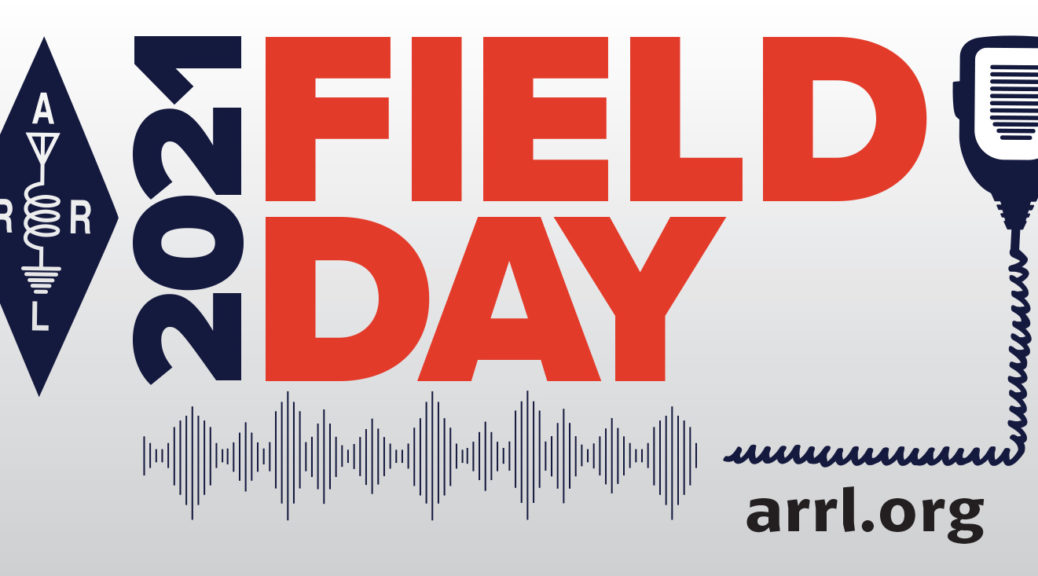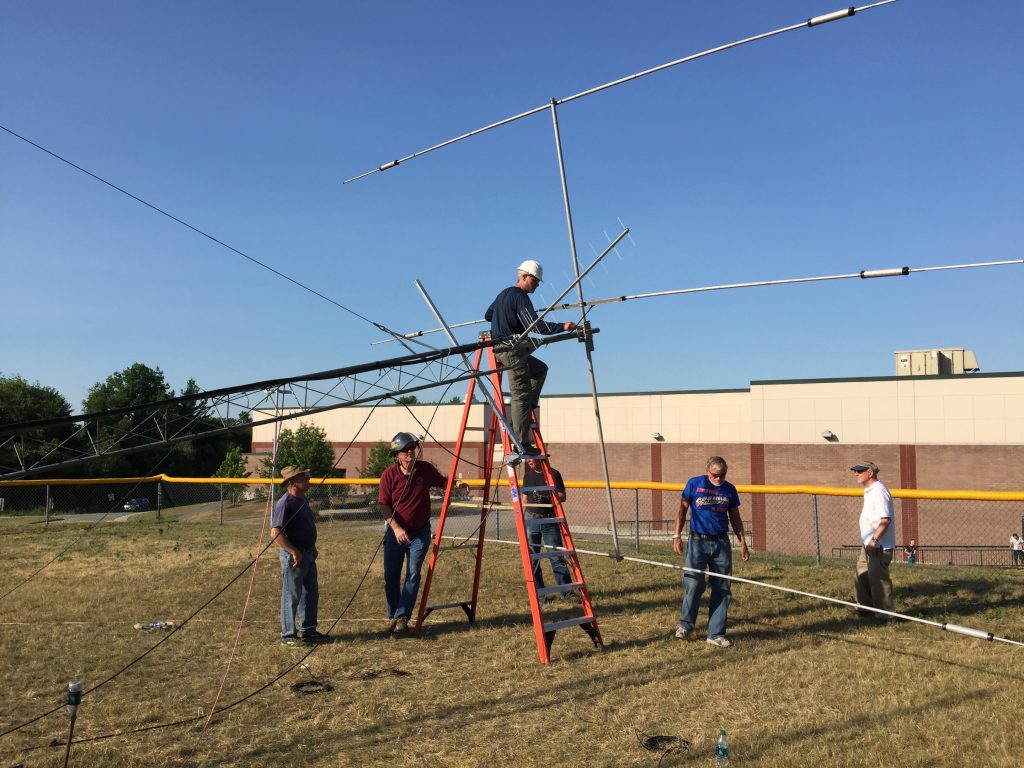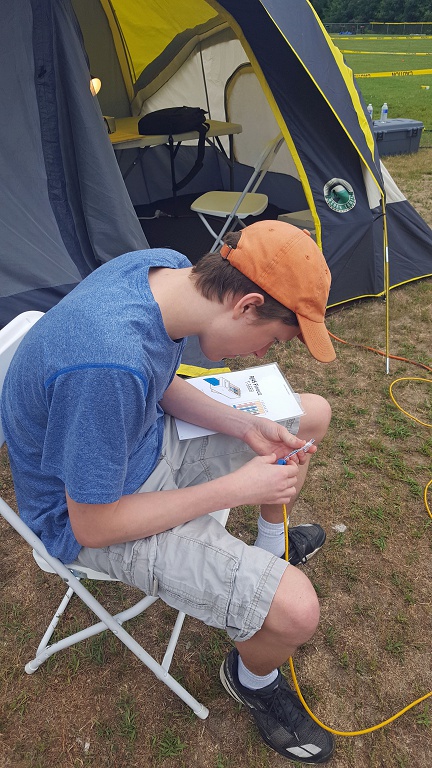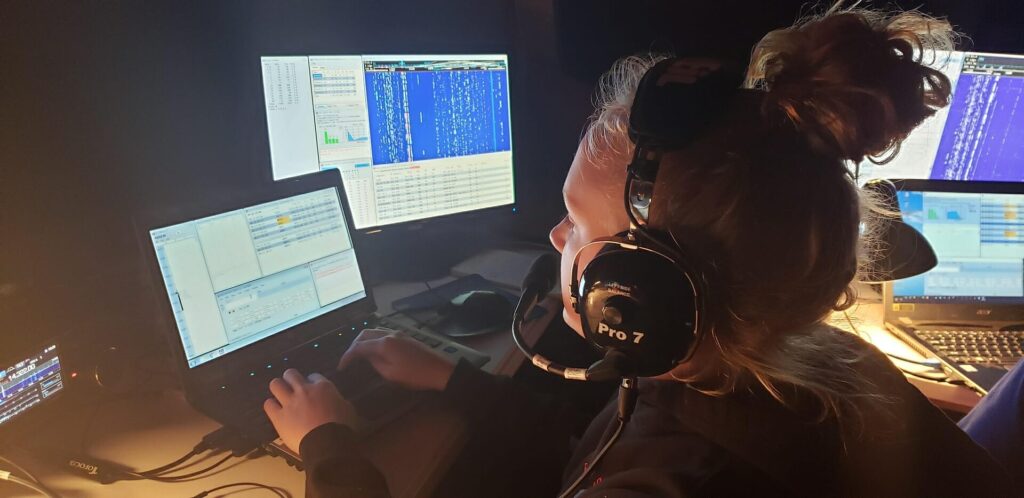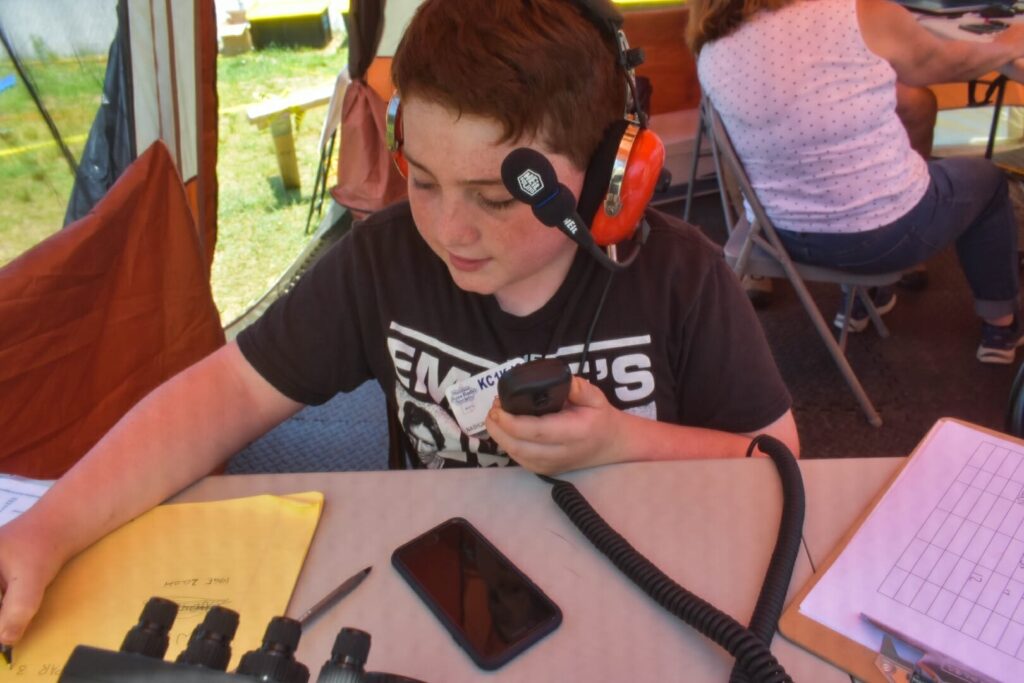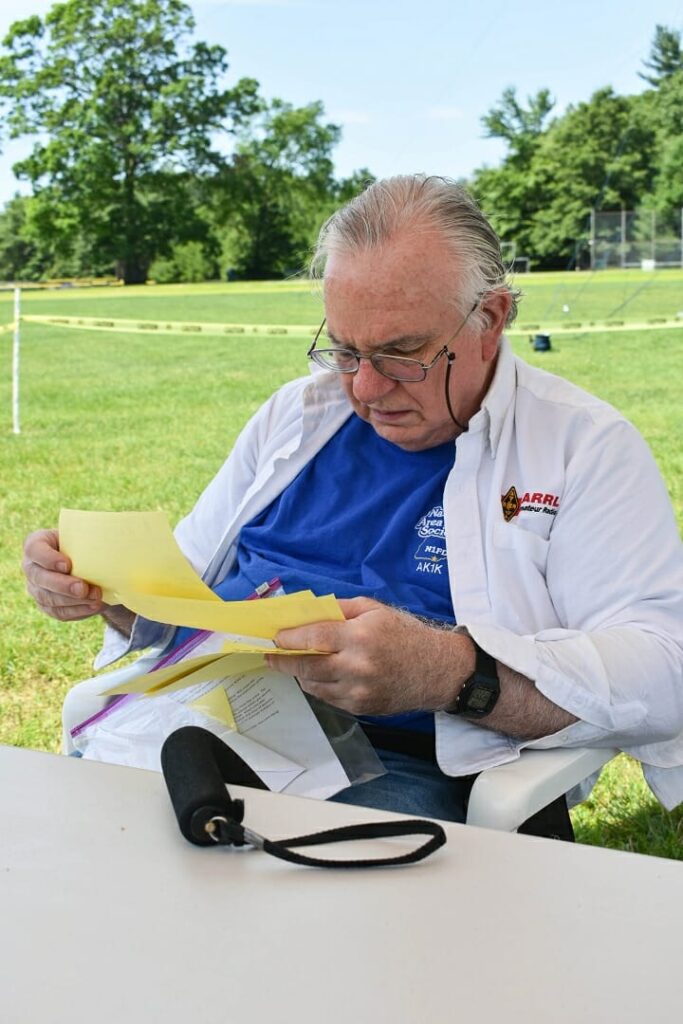I have had the pleasure to work and collaborate with my club and others to create programs to get new people and young people started in Amateur Radio. I’ve been sharing information about these programs with clubs across New England and around the US to provide ideas and inspiration for Amateur Radio clubs to add similar mentoring and Ham Development programs to their activities.
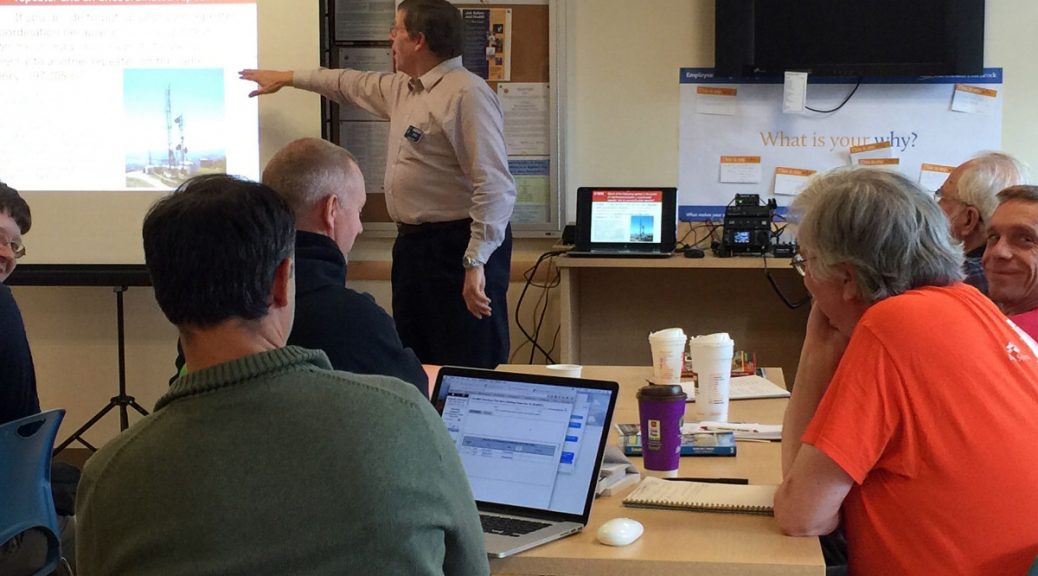
Teaching License Classes is a passion of mine. Along with the Nashua Area Radio Society, we’ve provided 7-8 License Training Classes to help folks earn Technician, General, and Extra class licenses each year. Our classes include 1 or 2 classes each year devoted solely to school students who want to earn their Technician License. We do this so that we can teach the Technician Class material in a format suitable for middle school and high school students.
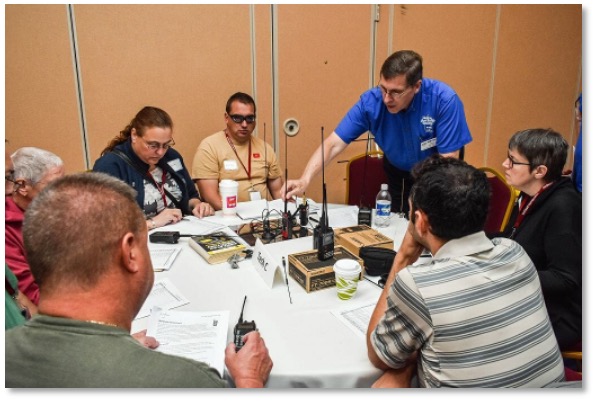
I have led the creation of programs such as Ham Bootcamp and Tech Night to provide training and skills development to enable Hams to get on the air and develop new skills.
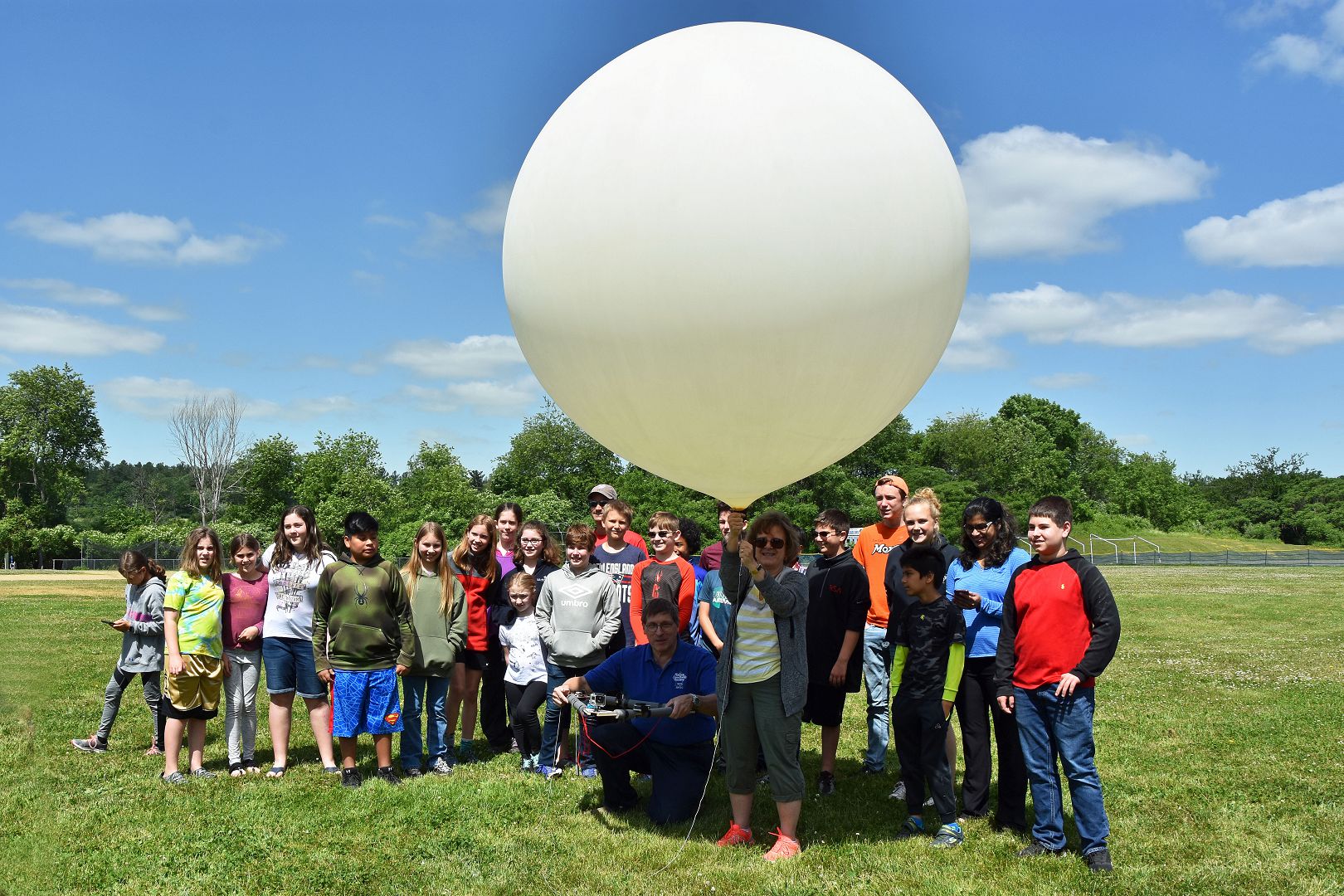
I believe that work to support STEM (Science, Technology, Engineering, and Math) learning in schools through Amateur is an important way to help the next generation of young people to join the Amateur Radio Service and enhance their lives. Kits Builds, High-Altitude Balloons, and other Amateur Radio activities can provide practical applications and support for STEM learning programs that many schools are working to deliver.

Through my work as a mentor and ground station in the ARISS program, I’ve been able to help schools and other youth groups around the world to experience and learn about Amateur Radio and use it to communicate with astronauts on the International Space Station.
ARRL Rookie Roundup – Introducing contesting to young people and new Hams
I believe that it’s also very important to introduce new hams and young hams to the Amateur Radio activities that many of us enjoy. We routinely make our station here available to new Hams and young people so they can participate in on-air activities. A favorite activity is the ARRL Rookie Roundup – a contest experience that the ARRL sponsors for new Hams to try out and learn about Radiosport.
I’ve been sharing a presentation with clubs and other groups about these and other programs to encourage folks to provide mentoring and new Ham development opportunities.
I met with the K1USN Radio Club in Braintree, MA, a while ago to share this information. The folks there recorded my presentation and have permitted me to share it here so that others might benefit from the information that it contains. The K1USN Radio Club is a great example of a group of Hams that are working to provide mentoring and new Ham development programs. Here’s where you can find more about them:
- K1USN Radio Club: http://www.k1usn.com/
- K1USN weekly Slow Speed CW Sessions (K1USN SST): http://www.k1usn.com/sst.html
- K1USN YouTube Channel: https://www.youtube.com/channel/UCeqnvJP92umejHhmAiUFW5g
Also, you can download a copy of the presentation in PDF form here.
I hope that our readers will consider creating programs to help bring new people into the Amateur Radio Service and mentor all Hams to help them to develop new skills and enjoy Amateur Radio.
Fred Kemmerer, AB1OC
